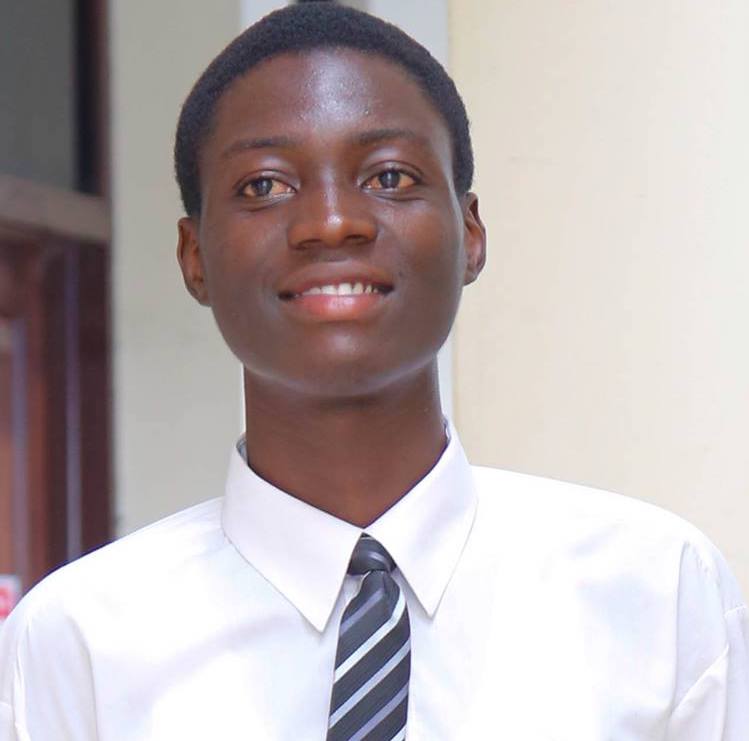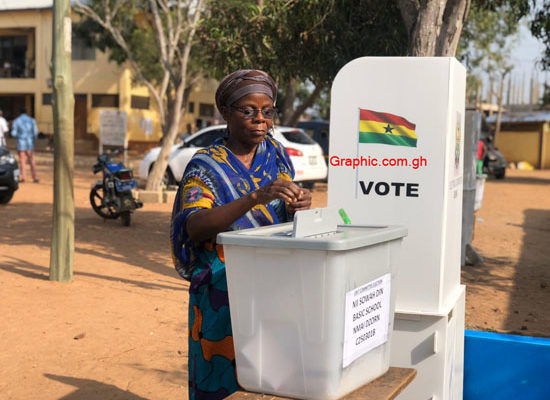The 2020 general election is three months away and in the face of the Covid-19 pandemic, political actors have not shunned electoral violence, insults and allegations.
The United Nations Development Programme (UNDP) has profiled Ghana attractively by indicating that the nation is enjoying increasingly stable and deepening democratic governance. They add that Ghana has successfully conducted 7 elections and this has strengthened the effectiveness of key national institutions, enhanced investor confidence and anchored the new economy in an environment for positive growth.
Although Ghana’s elections and transitions have largely been successful over the years, we must not be oblivious of the fact that each election year comes with some amount of tension and the citizenry is virtually at the edge of their seats as results begin to trickle in on election night.
It is worry to say the least that as a nation we are failing to learn from the events of the past. In January, 2019, it was Awayaso West Wuogon by-elections shooting, In July, 2020, it was the Kasoa shooting and the killing of a newly trained teacher in Banda during the new voters’ registration, now with less than 100 days to the 2020 Presidential and Parliamentary Elections Odododiodoo is in the news as the sitting Member of Parliament is alleged to have been attacked by National Security personnel. The electoral violence that took place in Asunafo, Asutifi, Talensi, Chereponi, Atiwa and many others that one may not be able to recall did not happen centuries ago but just within the past decade.
None of Ghana’s elections have been conducted without some forms of violence and these violent incidences keeps intensifying in each election. The use of political vigilante groups in recent time is a threat to the Ghana’s democracy, peace and stability.
In June, 2020, the UNDP commissioned the Ghana Center for Democratic Development (CDD-Ghana) to produce a report titled Electoral Violence and Political Vigilantism in Ghana: Evidences from Selected Hotspots.
Some of the findings from the report reveal that across all hotspots, electoral violence manifest in several forms including verbal and physical assaults which results in destruction of properties, especially properties of political opponents, removal of electoral materials among others.
Also, the main actors of electoral violence were grouped into primary and secondary. The primary actors of electoral violence being political party youth, vigilante groups, supporters and polling agents of political parties while the secondary actors are the candidates or aspirants and political party leaders. Electoral Commission (EC) staff, security agents (Police), the media, traditional and religious leaders were captured as external actors by the report.
Sadly, the winner-takes-all politics in Ghana, unemployment and poverty, polarized chieftaincy disputes, family background, especially lack of parental care, political influences on the media, lack of confidence in security agencies, poor enforcement of laws, verbal abuse, electoral malpractices, and integrity issues with the EC were among the structural causes of electoral violence identified by respondents.
As we prepare to go into the 2020 elections, it is important that we adopt strategies that would ensure that our nation is peaceful before, during and after the elections.
Private Legal Practitioner and Dean of faculty of Law at the University for Professional Studies, Accra (UPSA) and ex- Secretary to the Justice Emile Short Commission , Ernest Kofi Abosti recently called on the ‘peace industry’ to become more active now to build bipartisan bridges, stakeholder consultative platforms and peace initiatives that are designed to cool the rank and file of political parties going into the 2020 elections.
It is refreshing to note that a youth-led advocacy organization, Curious Minds Ghana has launched the ‘Vote Not Fight’ peace campaign going into the elections. The goal of the campaign is to prevent the youth from being manipulated by politicians to be violent but to read the manifestoes of political parties, engage candidates, go out to vote and then track promises made during the electioneering period and hold leaders accountable.
The chairperson of the National Commission for Civic Education (NCCE), Josephine Nkrumah over the weekend called on the youth to pay attention to the real issues in relation to election and seek for solutions that will benefit the nation and not their own interest. She disclosed her outfits readiness to actively engage the youth and the entirely citizenry on a peaceful election.
Development partners should not be the major source of funding of our elections and its peaceful outcome. If we place a premium on peace as a means for development, corporate organizations and individuals have a role to play to ensure that Ghana is free from electoral violence before, during and after the elections.
The clergy, Musician Union of Ghana (MUSIGA) and business community must all begin to intensify advocacy for a peaceful election.
The media must go beyond reporting on electoral violence to naming and shaming perpetrators. They are our surest bet to help in keeping the peace of the nation for generations yet to come.
“While we hold on to the ballots, let’s shift our focus from votes to visions, from winning the next election to securing the next generation, let’s move from a comparison of records to a refinement of ideas, let’s transition from winning the argument to winning the fight against ignorance, poverty and disease. From Vigilante groups to Citizen Vigilantes, from Invisible Forces and Azorka Boys to occupying Ghanaians” – Bernard Avle, Journalist of the Year 2017, Rethinking the National Conversation.

Michael Sa-Ambo is a consummate writer who is passionate about development on the African continent. His area of interest is in current affairs, personal development and communication.















